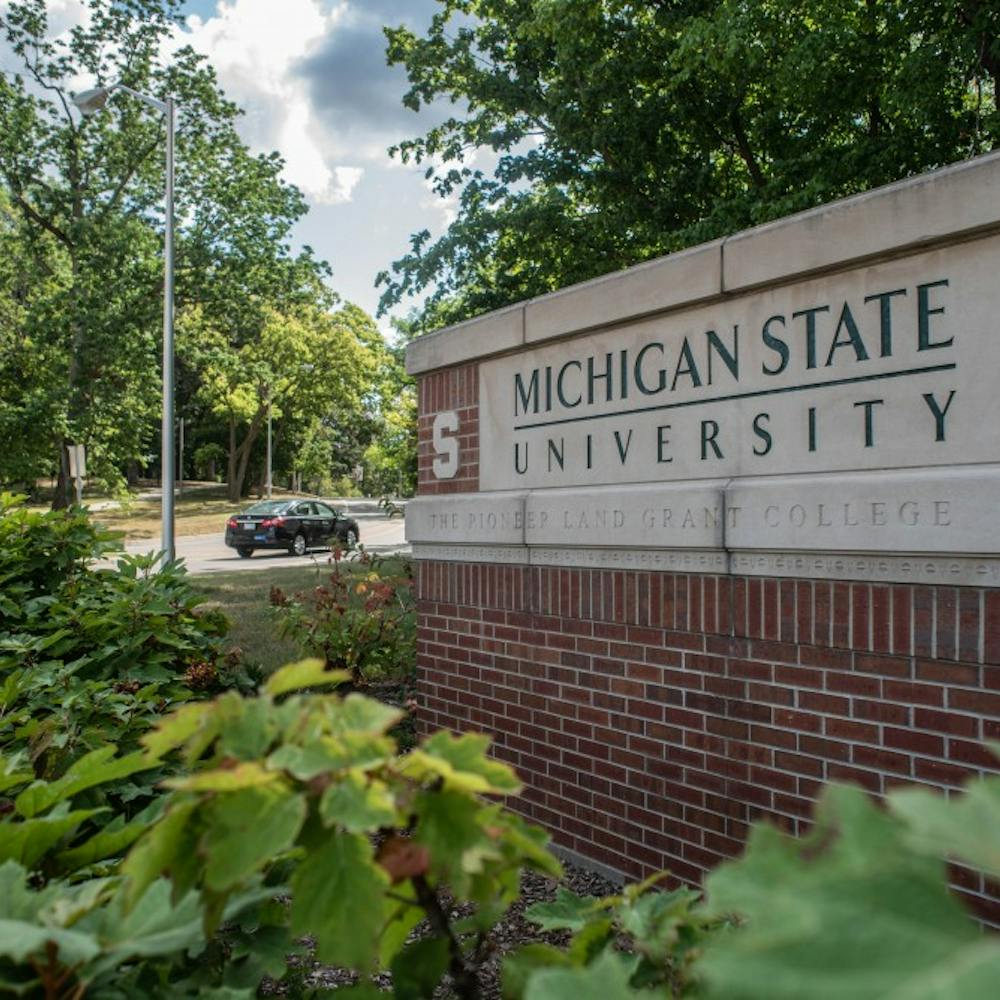Thanks to the collaboration between large cancer charities and even larger pharmaceutical companies, October now is widely acknowledged as National Breast Cancer Awareness Month with various festivities held throughout the country and the world.
Every year, department stores, pharmacies and even college campuses turn ‘pink’ with companies large and small slapping a ribbon on their products and feigning some interest in breast cancer awareness to woo compassionate consumers. We are encouraged to buy this or that, to wear this ribbon or this pink whatever in order to “support a cure.” As someone who has seen devastating effects of breast cancer firsthand, it has all gotten to be too much.
For me, October marks the month when the suffering of my mother and others with breast cancer is turned into a spectacle, a frenzied celebration where companies peddle pink products ad nauseam to capitalize on the sympathy of consumers. Or when massive charities like Susan G. Komen for the Cure, which has attempted to trademark both the pink ribbon and phrase “the cure,” proliferate the two until they are left virtually meaningless.
Breast Cancer Action, or BCA, a nonprofit advocacy organization for those with cancer, writes of what it identifies as the “politics of breast cancer,” the “breast cancer industry” and the “pinkwashing” that so often occurs amongst these conglomerates that “consists of corporations, organizations and agencies that diminish or mask the extent of the cancer problem, fail to protect our health, or divert attention away from the importance of finding and working to prevent the disease.”
BCA advocates for stringent regulation of environmental pollutants which have been shown to increase rates of breast cancer and other illnesses. It attempts to highlight the conflict of interests inherent in relationships where those who profit from breast cancer (i.e. pharmaceutical companies) are given so much decision making power when it comes to fighting the disease. The group also attempts to expose the relationship between cancer charities and companies who produce products (some of which with the pink ribbon seal) with carcinogenic ingredients.
A recent and infamous example is KFC’s and the Komen Foundation’s 2010 “Buckets for the Cure” initiative where the fast food corporation pledged to donate 50 cents of each bucket of their chicken sold to the foundation. Never mind various types of meat (including fried and grilled chicken) increase one’s risk for cancer (including breast cancer), as do other fatty foods found at KFC and other fast food restaurants. And never mind that KFC predatory peddles its food toward the working class, another susceptible group of individuals who often are uninsured and face high levels of exposure to environmental cancer-causing toxins. The Komen Foundation defended their partnership, which brought in a little over $4 million for the organization, despite the message it sent to millions of Americans, devaluing preventative and healthy lifestyle initiatives and the link between diet, our environment and cancer.
And just last week, The State News reported that Professor Eran Andrechek received nearly a half million dollars from the Komen Foundation to experiment on animals, supposedly to study “genetic research on genes pertinent to breast cancer,” even though, according to the National Cancer Institute, 90-95 percent of women who develop breast cancer are not genetically predisposed to the disease.
Andrechek plans to experiment upon and possibly kill countless mice in his breast cancer experiments despite the revelations from the former director of the National Cancer Institute who had previously remarked to the Los Angeles Times, “The history of cancer research has been a history of curing cancer in the mouse. We have cured mice of cancer for decades, and it simply didn’t work in humans.”
Obviously, if the overwhelming majority of women with breast cancer are not genetically predisposed to the disease and if previous experiments on mice have proven to be a fruitless endeavor, this half a million dollar investment in Andrechek by the Komen Foundation would seem to be a waste of money. Money that is desperately needed for educational initiatives on the importance of preventive care and healthy lifestyles in the fight against breast cancer and money needed by those with cancer, who now more than ever are having to make the terrifying and heart-wrenching decisions about the next steps of their treatment.
To encourage breast cancer charities to spend their monies most wisely, BCA encourages would-be donors to investigate charities before donating. BCA encourages would-be donors to ask if their donation will fund repetitive studies that have been duplicated for decades or historically less-funded but more innovative studies into the causes of breast cancer? When thinking about buying a pink product, BCA encourages consumers to ask how much proceeds from the purchase will be donated and to whom will it be donated? Does the company put a cap on their donations? And is the company using safe and well-regulated ingredients to ensure that their products are not contributing to environmental pollution and not contributing to the breast cancer epidemic.
With this October coming to an end, let’s take the time to get educated. Get educated on the causes of and treatments of breast cancer as well as the charities and pharmaceutical companies involved in advancing treatments and cures. Let’s make sure we “think before we pink” and make sure we are doing the most good with our donations.
For more information, visit thinkbeforeyoupink.org.
Mitch Goldsmith is a State News guest columnist and social relations and policy, women’s and gender studies senior. Reach him at goldsm40@msu.edu.
Support student media!
Please consider donating to The State News and help fund the future of journalism.
Discussion
Share and discuss “Do research before buying pink” on social media.







